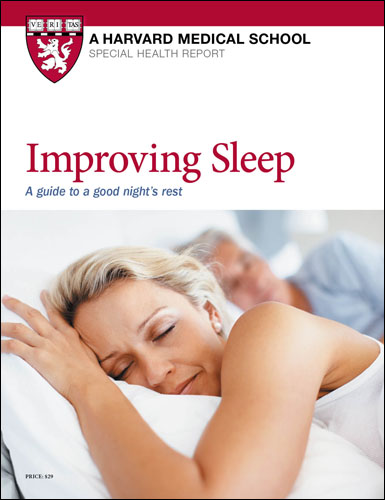When is a sleep study needed?
Ask the doctors

Q. I notice my spouse snort and briefly stop breathing several times each night. Should we consider a sleep study? If so, what kind?
A. You're right to worry. Obstructive sleep apnea, which happens when muscles at the back of the throat relax, narrowing the airway and hindering breathing, can lead to chronic tiredness as well as heart problems, depression, and a host of other serious conditions.
Obstructive sleep apnea is more common in people over 50 with overweight or obesity, affecting about one in four people in the United States. But the vast majority have no idea they have it and, like your spouse, only connect the dots after their sleep partner speaks up.
Various types of sleep studies can pinpoint obstructive sleep apnea. These include at-home versions using devices to monitor sleep patterns, heart rate, chest motion, blood oxygen levels, and body movements. Many sleep studies, however, are done in special labs located in hospitals or sleep centers. This more specialized testing (called polysomnography) records brain waves in addition to the measurements captured with at-home sleep monitoring, and it can detect many types of sleep disorders. A doctor can determine which type of test would be best for your spouse's situation.
Image: © vm/Getty Images
About the Authors

Toni Golen, MD, Editor in Chief, Harvard Women's Health Watch; Editorial Advisory Board Member, Harvard Health Publishing; Contributor

Hope Ricciotti, MD, Editor at Large, Harvard Women's Health Watch
Disclaimer:
As a service to our readers, Harvard Health Publishing provides access to our library of archived content. Please note the date of last review or update on all articles.
No content on this site, regardless of date, should ever be used as a substitute for direct medical advice from your doctor or other qualified clinician.
















